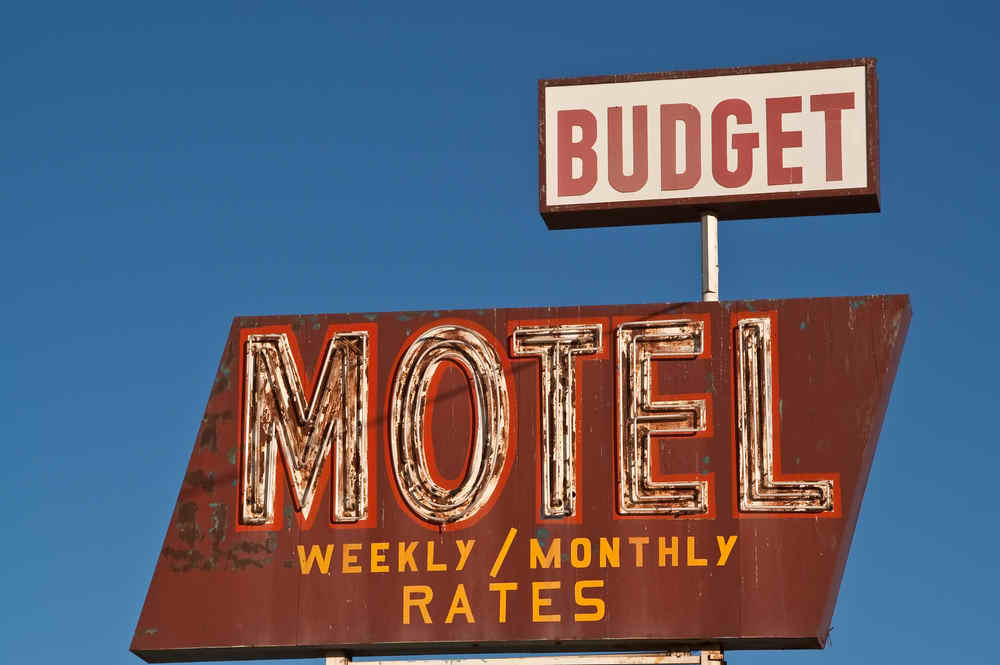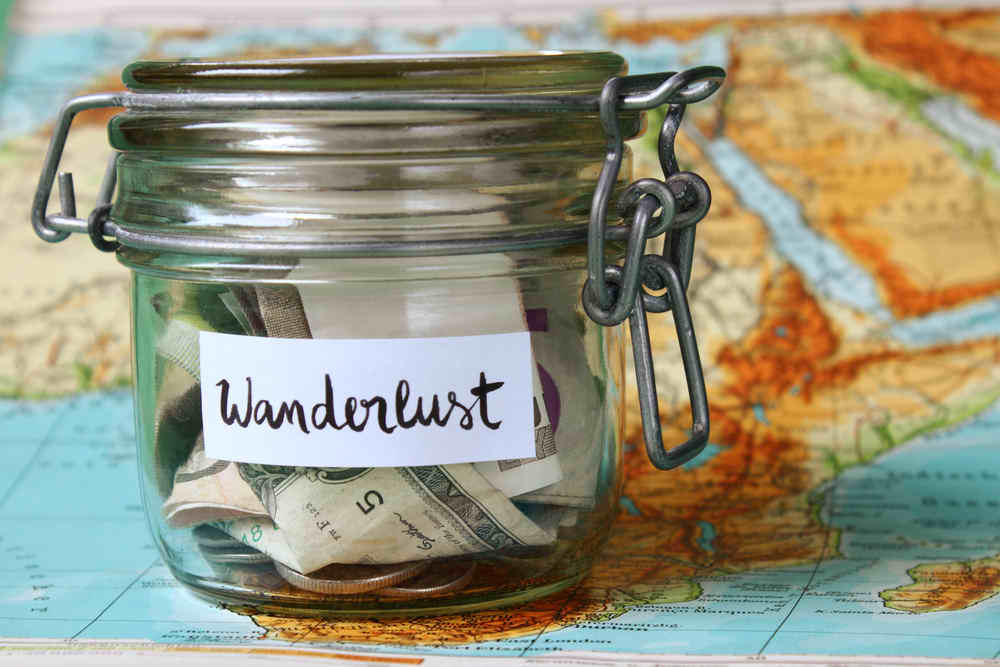It doesn’t matter how much money you’ve saved, if you don’t have a travel budget figured out there is a good chance you’ll be going home early, or taking the first under-the-table job you can find.
First, take the amount of money in your travel fund and divide it by the number of months you hope to travel. That is your monthly budget. From this you can then figure out how much to allot to accommodations, transportation, food, activities, and shopping.
This is where you need to do some pre-trip research.
“Research is a vital part of creating a realistic travel budget.”
If you show up in Eastern Europe thinking the prices will be the same as Southeast Asia, you’re in for a big surprise, and not a pleasant one. Research is a vital part of creating a realistic travel budget. You don’t need to book things in advance or create a concrete travel plan, but you do need to have a rough idea of how much things will cost once you are on your trip.
When you’re doing your research read travel blogs, guidebooks, and travel forums.
Accommodations

When reviewing pricing don’t budget based on the lowest price, always budget somewhere in the middle if you’re a budget traveller, and closer to the high-end if you’re a flashpacker. Hostels and guesthouses sound wonderful on paper (or online) but they can sometimes be a nightmare once you arrive. If you’ve budgeted higher, then you can switch to a different hostel or guesthouse without worrying about whether you will need to make sacrifices later on.
“Don’t be afraid to treat yourself.”
Another good idea for when you’re creating your travel budget is to factor in a few nights at a hotel. Hostels and guesthouses can be wonderful, but after a few months of travel, a hotel room can feel like heaven. Don’t be afraid to treat yourself. Build a few nights into your budget and use them when you’re in need of a pick-me-up.
Transportation
When figuring out your transportation budget there are a couple of factors to consider; your comfort and your time. Not everyone has time to sit on a boat for three days on the Mekong River, and although it is the cheapest way to go, it is rarely a comfortable journey.
“Read current travel blogs and make note of what people are paying.”
In places like Asia and Europe it’s possible to get $10 USD flights, but those deals don’t happen everyday. Look at the regular fares when doing your budget, not the sale fares. Read current travel blogs and make note of what people are paying. Use these numbers when creating your transportation budget.
Remember: if you’re thinking of taking a night train or bus, you won’t need accommodations, so you can use that money to upgrade your ticket, or keep it on the side to use for an activity.
Food
It’s fine to say that you’re going to survive on street food when you’re travelling, but the reality is that when you’re in destination you may want to eat at a restaurant occasionally, and if you’ve budgeted based on street food prices, you’re going to blow your food budget.
Leave some room for a couple nice meals a month.
If you choose to go to a restaurant that serves North American cuisine, be prepared to pay the same amount as you would in North America. And sometimes they are more expensive. I generally don’t spend $42 on Steak Frites at home, but I may spend that much in Hong Kong if I’ve been craving food from home and want to treat myself to a nice dinner.
Visas
It’s always a good idea to know how much visas cost, before you start travelling. The best thing to do is visit the consulate websites and make a note of the visa fee, then create your budget using those fees.
This does not mean you need to get your visas before you leave home. On the contrary, it is often cheaper to get them when you’re on the road using local currency. This means that your visa budget will be bloated, and that it a good thing. This way you have room to add visas if you wish, or you can move the extra funds into another area in your budget where things feel a little tight.
Activities & Entertainment
Once you know how much money you’ll need for accommodations, transportation, food, and visas, you can start to figure out your activities budget. Make a list of your dream activities and how much they cost. Do you have enough money left over to do them all? If not, re-evaluate your list, and cut things out until you do.
If you’re a drinker, figure on spending the same amount abroad as you do at home. Alcohol is not always cheaper in a foreign country.
Banking

Not all banks are created equal. It’s important to know what your bank changes for foreign withdrawals. Some banks with charge $5 per withdrawal, and depending on where you’re traveling, the ATM will also charge a fee. It’s difficult to know the fees for every ATM in the world, so trying to budget for that is futile, but it is a good idea to factor in your bank fees. If you’re bank charges $5 per withdrawal, try to limit your cash withdrawals to twice a month. Fees can add up quickly if you’re not paying attention.
Emergencies
Whether you have travel insurance or not, it’s important to budget money for emergencies. We don’t always have control over what happens around us when we travel. You can be careful in terms of the activities you participate in, but you cannot control mother nature, or acts of violence. Have money set aside for in case you need to find a hotel quickly, or leave an area. I have an emergency fund, as well as US dollars stashed incase I need cash and cannot find a working ATM.
Re-evaluate
At the end of each month, re-evaluate your budget. Did you have enough money for accommodations? Did you spend too much money on food and entertainment? Look at your spending and travel habits and make adjustments for the next month’s budget, and at the end of that month, re-evaluate your budget again.
“At the end of each month, re-evaluate your budget.”
Creating a realistic budget involves thought, and some planning. If you have the time to travel slower, do it. The less you move around, the less money you’ll spend and you can stretch your funds. Always budget higher than you think you may spend, and you’ll have a cushion if you want to upgrade accommodations, find an activity you
have to do, or buckle and decide to have a gourmet dinner.
Tip for digital nomads: never count on getting paid on time. If you’re hoping to earn freelance income to supplement your travel funds, do not budget based on your additional income. Ever. Clients don’t always pay on time, and there are some clients who will take months to pay you. Budget based on the money you currently have, when your freelance income comes in, use to to travel longer or upgrade yourself.

